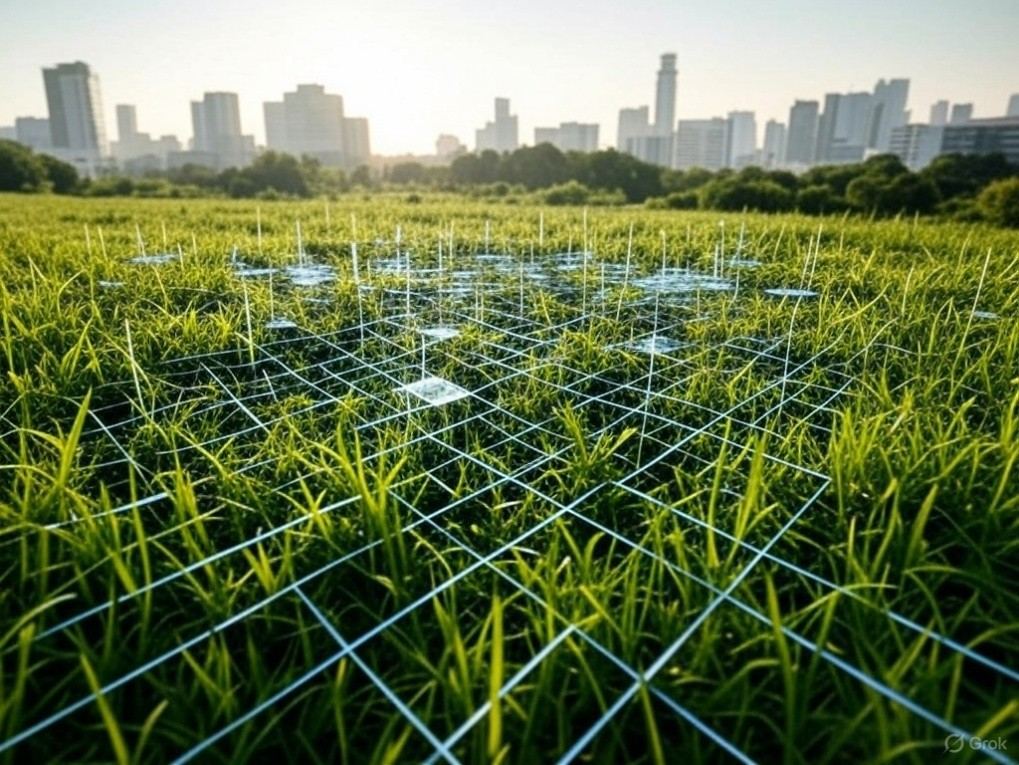Sustainability has emerged as a major worldwide issue that calls for creative solutions that strike a balance between social progress, environmental preservation, and economic growth. In order to promote sustainability across industries, enabling technologies like cybersecurity, experiential intelligence (EI), the Internet of Things (IoT), and artificial intelligence (AI) are essential. These technologies contribute to a more robust and sustainable future by improving efficiency, security, and user experience in addition to optimizing resource utilization.
By evaluating enormous volumes of data, finding trends, and improving decision-making, Artificial Intelligence is revolutionizing sustainability initiatives. Its uses range from reducing waste and optimizing consumption through AI-driven smart grids and predictive analytics to mitigating climate change using machine learning models that forecast climate patterns and empower governments to take preventative action. AI-powered systems in agriculture evaluate crop health, weather trends, and soil quality to enable resource-efficient precision farming.
In smart cities, IoT-powered lighting, waste management, and traffic control reduce energy consumption and pollution; IoT sensors enhance water conservation efforts by monitoring usage, detecting leaks, and optimizing irrigation systems; and supply chain optimization uses real-time tracking and predictive maintenance to increase efficiency while lowering carbon footprints and operating costs. The Internet of Things makes it possible for interconnected devices to gather and exchange data in real-time, improving sustainability across a number of sectors.
Technology and human experience are combined by Experiential Intelligence to produce solutions that are durable and easy to understand. EI-driven interfaces in digital platforms and smart buildings improve user experience while offering tailored and effective energy usage advice. When AI and EI are combined, decision-making in sectors like healthcare is improved, waste is decreased and sustainability is increased. EI-powered automation in the workplace guarantees ideal environmental conditions by increasing output while consuming less energy.
Cybersecurity is a key component in safeguarding data, infrastructure, and connected systems because a sustainable future depends on the security and integrity of digital ecosystems. Protecting vital infrastructure from cyber threats, such as energy grids, water supply systems, and smart cities, is crucial, and cybersecurity also guarantees data protection and compliance, ensuring ethical AI and IoT implementations that comply with sustainability regulations. By putting proactive threat detection and AI-driven cybersecurity frameworks into place, organizations can create resilient digital ecosystems that support sustainable innovation.
In this context, SECOVE project is actively fostering collaboration among diverse stakeholders, with a special focus on Vocational Education and Training (VET) to drive sustainability through technology adoption. By integrating AI, IoT, EI, and cybersecurity into educational and professional training programs, SECOVE aims to equip future professionals with the necessary digital skills to support sustainable innovation. This initiative highlights the importance of cross-sector cooperation in developing resilient, technology-driven solutions that address environmental and economic challenges.

?unique=88858a7)